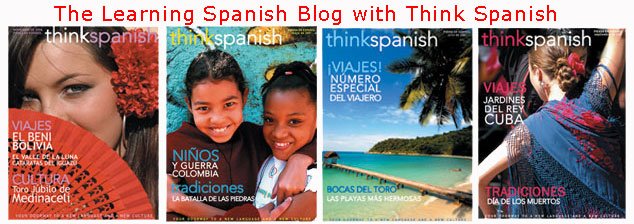With six different cities to chose from you might have a hard time deciding where to start your immersion. The good news is they are all such great locations that whatever decision you make, you can’t go wrong. Explore the cosmopolitan culture of Buenos Aires, have fun with a younger crowd and the university life of Cordoba, climb to the top of The Andes in Mendoza, explore the wonders of Patagonia in Bariloche and even travel up to Ushuaia, the closest city to Antarctica. Or perhaps, in the end, your adventure will lead you to the modern capital of Santiago in Chile.
With COINED you have the opportunity of staying with a host family or with local students where you can practice and improve your language skills outside the classroom. In general, the results of these experiences are long-lasting friendships. This is a great advantage, as you can continue practicing your Spanish several years after you have finished the program, via letters, e-mails, and telephone calls. In any case they will take into consideration your likes and preferences regarding smoking, children, pets, and special diets.
Our favorite COINED schools are in Buenos Aires and Santiago de Chile
THE COINED SPANISH SCHOOL IN BUENOS AIRES

SPANISH COURSES IN SANTIAGO DE CHILE
You hear a lot about Buenos Aires and not as much about Santiago. Santiago is an amazing city that has lots to offer and within a days travel you can visit some breath taking locations; explore Mount Aconcagua, the highest peak mountain in the Americas, go wine tasting in Chilean vineyards, relax on the beach, or hit the slopes at some of the best Chilean ski resorts.
All the Spanish courses will give you the chance to have a taste of the real Chilean way of life. Spanish courses are designed to enable you to learn Spanish in an effective way. Santiago, its capital, has a population of 5 million people and is located in the central valley at the foot of the Andes. Santiago is South America's self proclaimed “most modern city” and is a city full of charm and character.
 The COINED Spanish school in Santiago de Chile is located in Providencia town. The Spanish school was built in 1925 by Ricardo Larraín Bravo, a recognized architect of the time. Now the building is considered a National monument and belongs to the historic center of Chile. The Spanish School has 12 classrooms, Video room, Internet, cafeteria and a big terrace with a wonderful view of the city center of Santiago. The school also arranges activities and excursions at this location to fully maximize your time and your learning experience.
The COINED Spanish school in Santiago de Chile is located in Providencia town. The Spanish school was built in 1925 by Ricardo Larraín Bravo, a recognized architect of the time. Now the building is considered a National monument and belongs to the historic center of Chile. The Spanish School has 12 classrooms, Video room, Internet, cafeteria and a big terrace with a wonderful view of the city center of Santiago. The school also arranges activities and excursions at this location to fully maximize your time and your learning experience.
At both locations you can take private or group classes and will be studying with top-level teachers. COINED also offers internships and volunteer programs which is an entirely different and exceptional experience. Please visit these links to learn more about these opportunities:
We think these testimonials from past students sum up the great experience you will have studying abroad with COINED. The cultural and language immersion is at the heart of what we believe in at Think Spanish and COINED has done an amazing job at creating a truly memorable cultural and language learning experience for students of all ages!
“Not only did I learn to speak Spanish but most importantly I learned about the Argentine culture and felt part of it! For me my volunteer work was an incredible experience which I would recommend to anyone! I would do it again any time!” – Female Student, 21 years old
“I could not have passed a more productive or congenial month improving my Intermediate Spanish than the month I spent here in Buenos Aires! The staff are attentive and thorough, and my instructor excellent. Rigorous attention was paid to both grammar and conversational skills in a helpful weave that advanced my abilities quite rapidly. Then, of course, there is the wonderful city of Buenos Aires to commend itself with its tremendous cultural offerings, cuisine, transport system, night life, and welcoming people. Can't wait to return!” - Male Student, 61 years old
















.jpg)